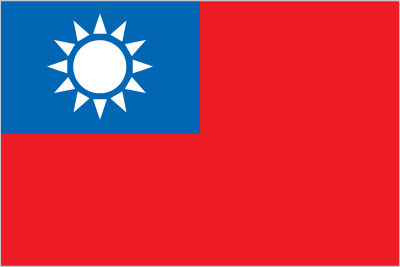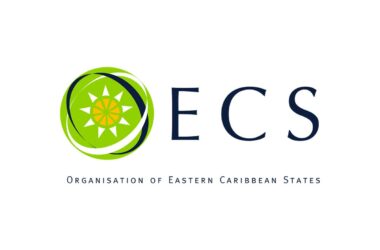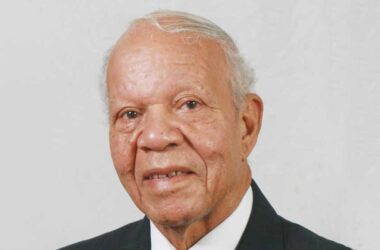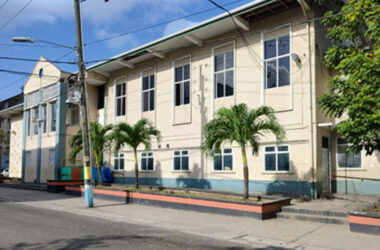On the same day that US President Donald Trump pulled out of the June 12 summit with North Korean President Kim Jong-un, Burkina Faso announced its break of diplomatic ties with Taiwan.
Both developments have attracted international interest. But while the US-DPRK dialogue can be resumed, not so in the case of Taiwan and Burkina Faso.
In the past two years, Taiwan has seen its number of diplomatic ties reduced by four: Sao Tome and Principe severed ties in December 2016, Panama in June 2017, the Dominican Republic on April 30 and Burkina Faso on May 23, both this year.
As a result of the Burkinabe decision, Taiwan has only one African ally left – e-Swatini (formerly Swaziland).
Taiwan is understandably concerned about the accelerated rate at which it is losing its diplomatic allies – and is worried about the longevity of its relationship with the remaining 18.
Within CARICOM, Taiwan has ties with Belize, Saint Lucia, Saint Kitts and Nevis and Saint Vincent and the Grenadines. It also has ties with Haiti.
Some Caribbean allies have switched sides more than once between China and Taiwan and (following the African experience) Taipei is understandably worried about the reliability of its regional ties.
Saint Lucia first established ties with Taiwan soon after independence, then switched to China in 1997– and back to Taiwan in 2007.
Following the Saint Lucia Labour Party (SLP) 2011 electoral victory, it was expected that the island would have again switched sides. But the Kenny Anthony administration (surprisingly) decided it would not go with the expected flow and opted to retain ties with Taiwan.
Today, Taiwan’s ties with Saint Lucia and the Caribbean (Haiti included) are again in focus as China and Taiwan have both resorted to ‘checkbook diplomacy’ in pursuit of their respective objectives of doing each other over.
Following the Dominican Republic’s break of its 77-year relationship with Taiwan, Taipei has become overly concerned about the long-term insurance of its ties with all of its 18 remaining allies worldwide.
Interestingly, major developed countries — the USA and Canada included – pledge lip support to Taiwan while maintaining and defending their diplomatic recognition of China.
Several of its major country allies have consistently (and again just last week) voiced their support for Taiwan’s access to global entities like the World Health Organization (WHO) and the International Civil Aviation Organization (ICAO).
But in all of this – as proven by the USA under President Trump – while these major powers pledge lip support to Taiwan, it’s never at the cost of their realigned relationship with China since it replaced Taiwan at the United Nations (UN) back in 1971.
China’s application of its ‘One China Policy’ over the past four-decades-and-more has seen those major powers pay lip service to Taipei while doing big business with Beijing.
The elected governments in the countries that have broken ties with Taipei in the last two years exercised their sovereign rights to determine the course of their international relations.
The questions here, therefore, are many:
To what extent can Taipei reliably depend on Saint Lucia (and its other Caribbean allies) to remain loyal?
Will Saint Lucia opt for a fourth change of allegiance after ten years of Taiwan ties?
And since China’s checkbook is so much bigger than Taiwan’s today, will that in any way affect the relationship between Taipei and Castries tomorrow?
None of the answers are yet clear. But, as is always the case, only time will tell!














